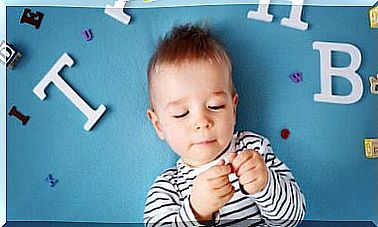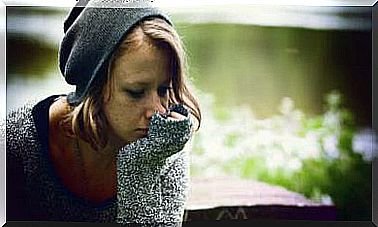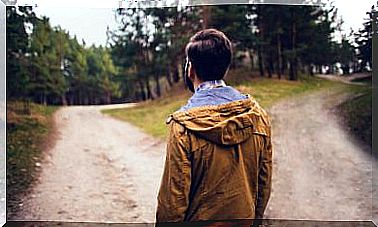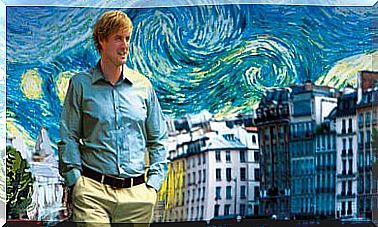Refugee Children: Wounded Hearts In Search Of Hope
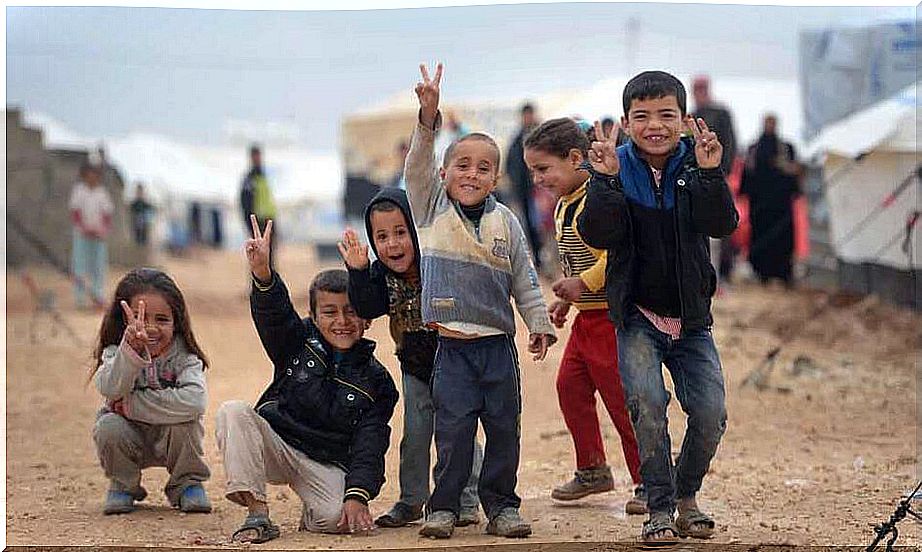
The drama of refugee children and their families goes beyond a humanitarian disaster to which we should not turn our faces. Their wounded hearts yearn for hope, there is no doubt, but their childish minds and the psychological traumas they will have to face will leave such a deep impression on them that they may never get over it.
We must think that in the brain of every child underlies the almost instinctive idea that their parents are capable of protecting them from all evil. When this doesn’t happen, when they lose family members and the world crumbles before them in the shadow of atrocity and grief, something breaks in a child’s mind.
Adults, but especially younger children and adolescents, require mental support with which to restore those wounds that cannot be seen on the skin, but that can remain forever in their minds, in their souls …
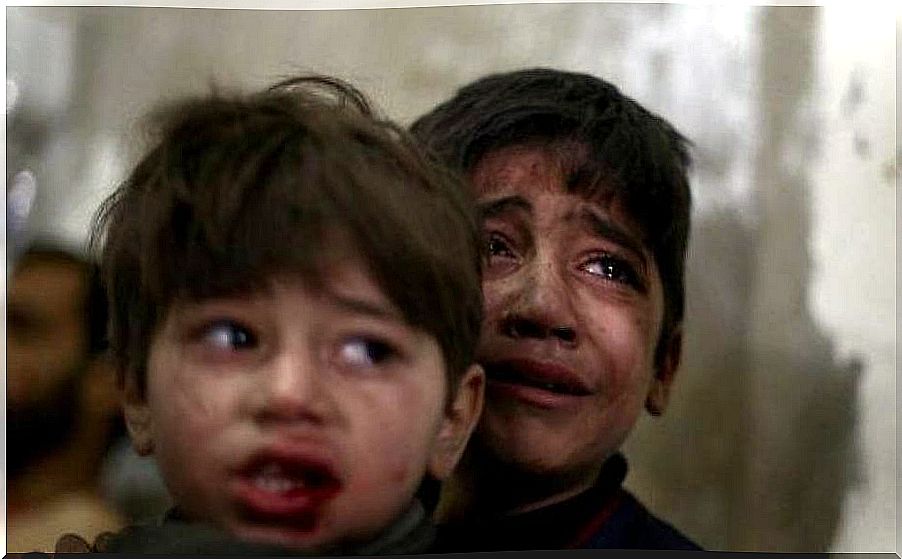
The drama of refugee children
A minute of the newscast is not enough to understand the situation that all these children and their families experience. Syrian refugees, for example , carry more weight on their backs than the few items they have been able to keep. His is an indelible burden of massacres, rapes, bombs, snipers and entire neighborhoods turned to rubble.
Many of these children leave their countries of origin with their relatives for the Mediterranean Sea. A crowded raft and a shoddy vest are your only means of finding that better world your mother, father, or siblings tell you about. But the sea is treacherous and, at times, they have to add another trauma to their already fragmented childlike mind inhabited by too many dark cellars.
Jan Kizilhan, an expert in child psychology, told the “German Society for Child and Youth Medicine” in Munich that 1 in 5 refugee children suffers from post-traumatic stress disorder and that most of them will suffer psychological sequelae for life.
Let us now see in more detail.
The effects of war and displacement on refugee children
Organizations, such as the International Medical Corps, administered psychological tests to about 8,000 Syrian refugees who were on the Jordanian border a few months ago. The results were the following:
- 28% of the adults were so desperate they felt almost paralyzed. 25% declared that they did not want to continue living. The rest affirmed that all the strength that they had left had its origin in the need to offer a future to their children.
- For their part, the children who were in these refugee camps suffered from migraines, diarrhea, urinary incontinence and nightmares. Obvious symptoms of severe post-traumatic stress disorder and psychosomatic ailments that their parents did not know how to treat.
- The clinical picture of refugee children is almost always the same: withdrawal, severe sleep disorders, depression and stress that makes them relive traumatic events over and over again, to the point of not being able to differentiate what is real from what is not .
As we can see, the mental health of all these people and especially the little ones, is something that goes beyond cold and hunger. We speak of internal wounds that will persist into adulthood, that will shape a character based on hopelessness; and there is nothing more devastating than a child who does not remember what a smile is, and who cannot see his future with hope.
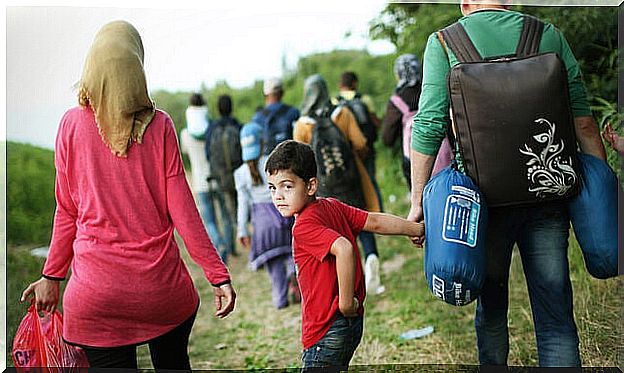
How to deal with psychological support for refugee children
Society and the axes of international politics are the only ones that can take the first step to create a real and feasible solution to this problem. The psychological support that can be offered to a child and their families at the campsite is not going to have enough impact to achieve long-term improvement.
- It is necessary to offer them stability, a protected environment, habits and a daily life in which to begin to feel safe.
- Something as essential as being able to go to school again normally and integrate into some routines, will allow them to stop worrying about their families and themselves. They must regain a “sense of security and control” over their own lives.
- Once these essential needs are covered, you could start working with them their fears, their memories and of course, their traumas. Strategies like drawing can help you channel many of those horrible facts lodged in your mind.
All children have that quality called resilience, with which to overcome that past of horror. Through adequate psychotherapy, coupled with family affection already. But, this is something for everyone.
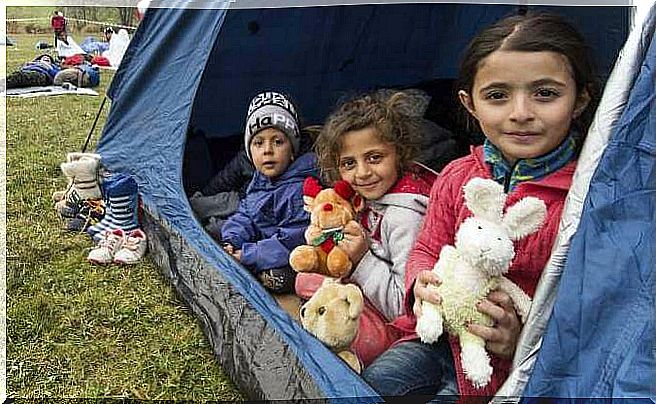
Let’s hope without a doubt that the current policy will take more appropriate directions, so that the management of our resources and those of the planet is focused on a global well-being and not on seeking that of each country, that of each house or that of each individual in a way. competitive and fierce. Because horror does not know about countries or flags and the pain of all those families and their children is a call that we should not neglect.

